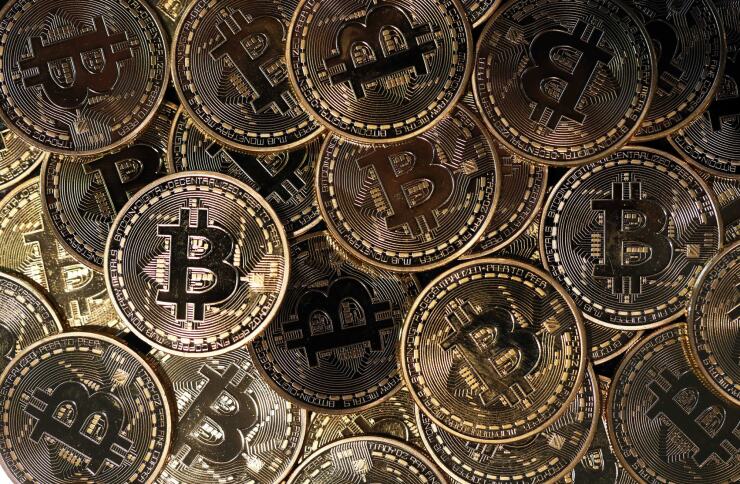In a short amount of time, powerhouse jurisdictions in Asia have weighed in on token sales.
The more jurisdictions that provide legal guidance for token sales, the fewer places there are for fraudsters to launch deceptive or fraudulent token sales. From that perspective, the moves by China and Hong Kong may be viewed as a way to clear the path for those issuers that wish to launch legally compliant and responsible token sales.
This year, token sales have been a big business in China, with Chinese media outlets reportedly stating in July that more than US$397 million in the aggregate had been raised from 65 token sales, as reported by

The National Internet Finance Association of China had expressed concerns regarding fraudulent and misleading sales tactics, as well as sales of tokens that arguably were securities without complying with applicable securities laws.
The message from China — that some token sales may be sales of securities, that investors need to be wary of fraudsters and bad actors, and that token sales are not somehow exempt from the need to consider and comply with regulatory frameworks and laws — sounds consistent with the
Although China appears to have taken an additional step to ban token sales its actions may be an example of another government trying to understand, regulate and educate the public of the risks involved in this new form of capital raising.
It is interesting to consider whether the Chinese token sale stoppage will be a permanent one. A moving target often is more difficult to hit, and it is worth considering whether the Chinese government may be "pressing pause" on token sales in order to explore ways to assess and regulate future token sales, rather than issuing a permanent ban on all token sales. Perhaps this may lead to the maturation and development in China of legally compliant token sales under applicable law.
On Sept. 5, 2017,
Explaining that, when a given digital token constitutes a "security" (a category that the SFC mentions includes debentures, interests in a collective investment scheme and shares) under Hong Kong law, dealing in or advising in connection with such token, or managing or marketing a fund that invests in such token, "may constitute a 'regulated activity'. ... Parties engaging in a "regulated activity" are required to be licensed by or registered with the SFC irrespective of whether the parties involved are located in Hong Kong, so long as such business activities target the Hong Kong public."
In addition, the SFC sent a warning to token issuers, secondary traders of tokens and cryptocurrency exchanges that securities laws and other legal requirements may apply to them, including requirements for certain registrations and authorizations (unless an exemption applies). Among other things, the SFC stated: "Parties engaging in the secondary trading of such tokens (e.g., on cryptocurrency exchanges) may also be subject to the SFC’s licensing and conduct requirements. Certain requirements relating to automated trading services and recognised exchange companies may be applicable to the business activities of cryptocurrency exchanges."
The SFC ended its release by cautioning potential investors regarding the possibility of fraud, significant investment risks and potential lack of liquidity, but not before reminding issuers of anti-money-laundering issues and similar matters. Noting that tokens issued in token sales may be transacted or held on an anonymous basis, the SFC stated that "inherent and significant money laundering and terrorist financing risks" exist and referenced its Jan. 16, 2014, circular reminding licensed corporations and associated entities "to take all reasonable measures to ensure that proper safeguards exist to mitigate these risks."
While it is unclear which jurisdiction will be the next one to speak out about token sales, many issuers are beginning to realize that no token sale is an island, so to speak. If an issuer is marketing, offering or selling digital tokens into a jurisdiction, ignorance of that jurisdiction's laws does not mean that laws do not apply. A new token sales era arguably is beginning.





